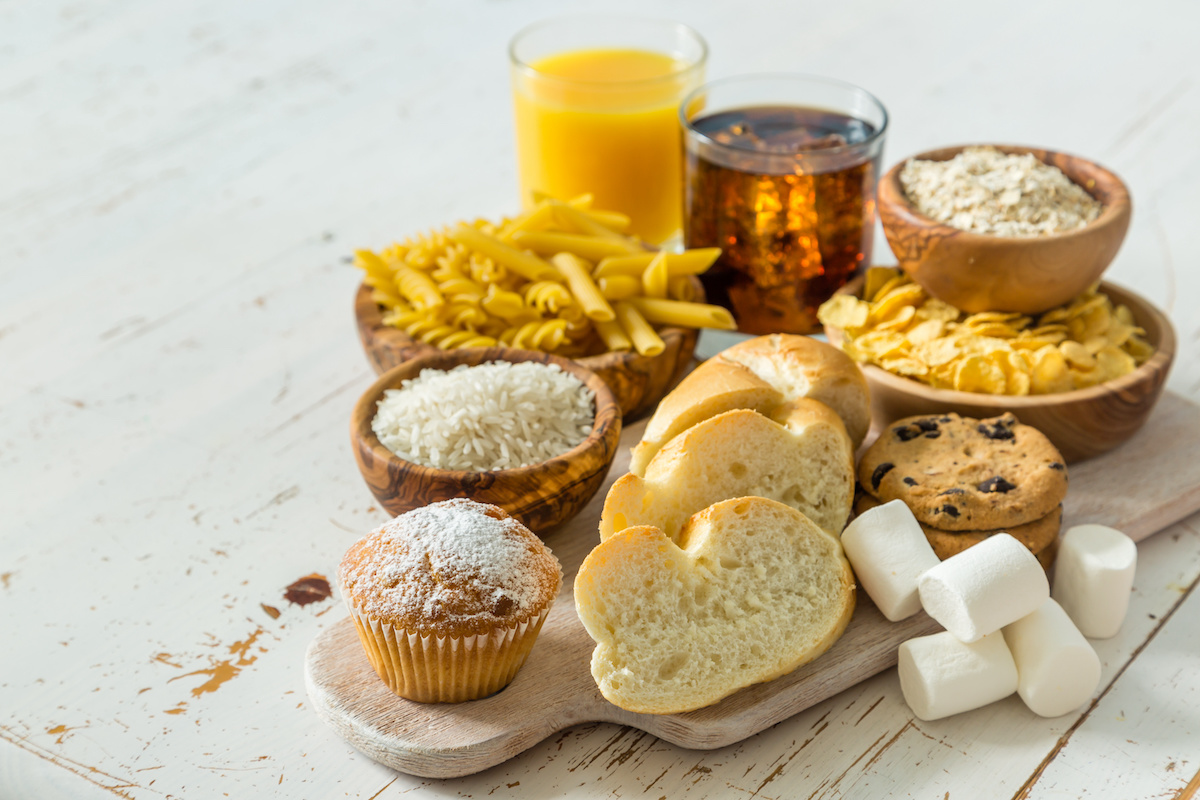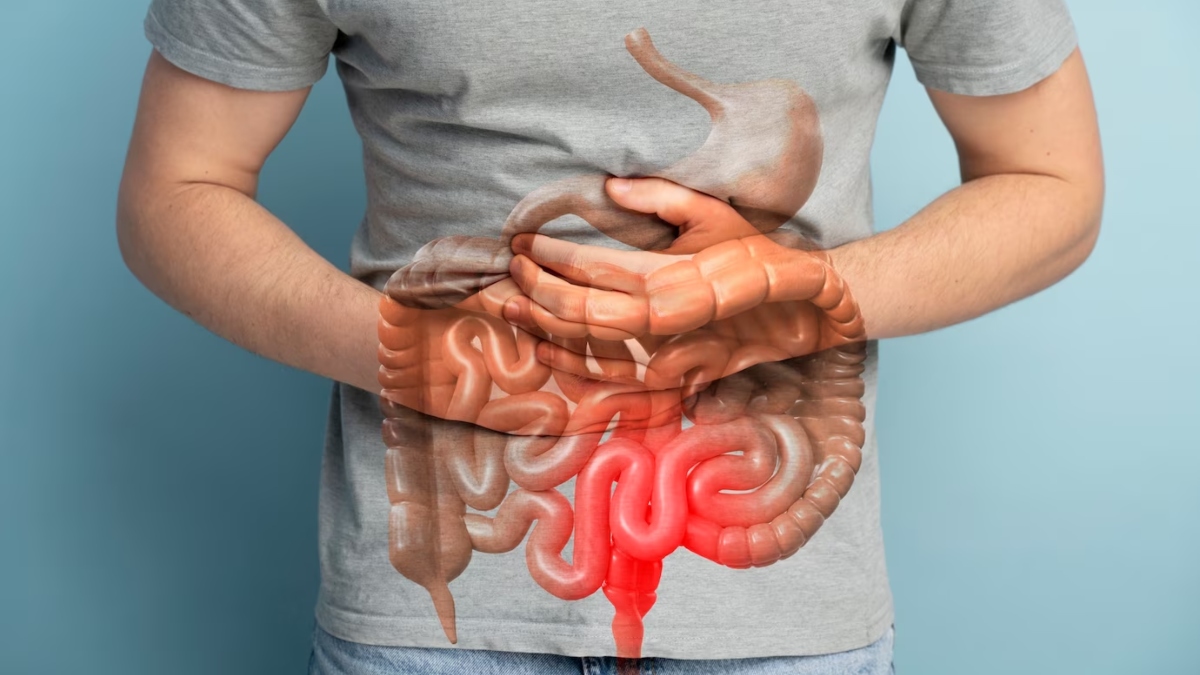
10 Hidden Habits That Are Draining Your Energy, Including Modern Processed Foods.
, by Samir Padhan, 7 min reading time

, by Samir Padhan, 7 min reading time
In our fast-paced world, modern processed foods have become a staple of convenience. But while they may save you time, they could be silently draining your energy. This blog uncovers 10 hidden habits linked to processed foods that are zapping your vitality and how you can reclaim your energy by making smarter choices.
It’s easy to grab a candy bar or sugary snack when you’re feeling low on energy. But these quick fixes cause your blood sugar to spike and then crash, leaving you more tired than before.

Many processed foods labeled as "low-fat" are actually loaded with sugar to compensate for flavor. This added sugar contributes to energy slumps and fatigue.

White bread, pasta, and other refined carbs are common in processed foods, but they provide quick energy followed by a steep crash. They lack the fiber needed to keep your energy steady.

Processed meats like sausages, hot dogs, and deli meats are high in preservatives and unhealthy fats, which can weigh you down and drain your energy.

Many so-called "healthy" processed foods, like granola bars or flavored yogurts, are packed with hidden sugars that can leave you feeling sluggish.

Energy drinks and certain coffees might seem like the perfect pick-me-up, but the caffeine crash that follows can leave you feeling more tired than energized.

Skipping meals and relying on processed snacks can cause a rollercoaster of energy highs and lows throughout the day.

Energy bars often claim to boost your energy, but many are loaded with sugar and processed ingredients that only provide temporary relief.

Processed foods often lack the fiber necessary to support a healthy gut microbiome, which can lead to digestive issues and reduced energy levels.
When stressed or tired, it’s tempting to reach for processed comfort foods, but they often leave you feeling even more drained.
Q1: How quickly can I expect to feel more energized after reducing processed foods?
A: The timeline varies for everyone, but many people report feeling more energized within just a few days to a week after reducing processed foods. By prioritizing whole foods and stabilizing your blood sugar levels, you should notice improvements in your energy and mood relatively quickly.
Q2: Are all processed foods bad for energy?
A: Not all processed foods are harmful, but highly processed foods with added sugars, unhealthy fats, and artificial ingredients can lead to energy crashes. Lightly processed foods, like frozen vegetables or whole-grain bread, can still be part of a healthy diet.
Q3: Can processed foods impact my mental clarity as well as my energy?
A: Yes, processed foods can affect both your physical energy and mental clarity. The rapid blood sugar spikes and crashes caused by these foods can lead to brain fog, difficulty concentrating, and mood swings.
Q4: What are some simple swaps to reduce processed food intake?
A: Start by replacing sugary cereals with oats, switching out white bread for whole-grain options, and choosing fresh fruits over processed snacks. Cooking at home with simple ingredients is also a great way to reduce your reliance on processed foods.
Q5: How do I manage cravings for processed foods when I'm trying to cut back?
A: Managing cravings involves balancing your meals with protein, fiber, and healthy fats to keep you full and satisfied. Gradually reducing your intake and finding healthier alternatives can also help ease cravings over time.
1. Can processed foods affect my sleep?
Yes, processed foods high in sugar and unhealthy fats can interfere with your sleep patterns. They can cause fluctuations in blood sugar levels that lead to restless nights and poor sleep quality, further draining your energy.
2. Are there any processed foods that are good for energy?
Some minimally processed foods, like Greek yogurt, whole-grain bread, and unsweetened nut butter, can be part of a healthy diet and provide sustained energy. It's all about choosing wisely and avoiding those loaded with added sugars and unhealthy fats.
3. How does processed food impact long-term health?
Long-term consumption of highly processed foods can lead to various health issues, including obesity, heart disease, and type 2 diabetes. It can also contribute to chronic fatigue and reduce your overall quality of life.
4. What are some easy-to-prepare alternatives to processed foods?
Simple alternatives include preparing overnight oats instead of sugary cereals, making smoothies with fresh fruits instead of buying pre-packaged ones, and snacking on nuts and seeds rather than processed chips.
5. Can reducing processed foods improve my mood as well as my energy?
Absolutely! Processed foods can negatively impact your mood due to blood sugar fluctuations and lack of essential nutrients. By focusing on whole foods, you'll likely experience better mood stability and increased energy.
Processed foods may seem convenient, but they come at a cost to your energy and overall well-being. By recognizing these hidden habits and making simple changes to your diet, you can reclaim your vitality and feel more energized throughout the day.


